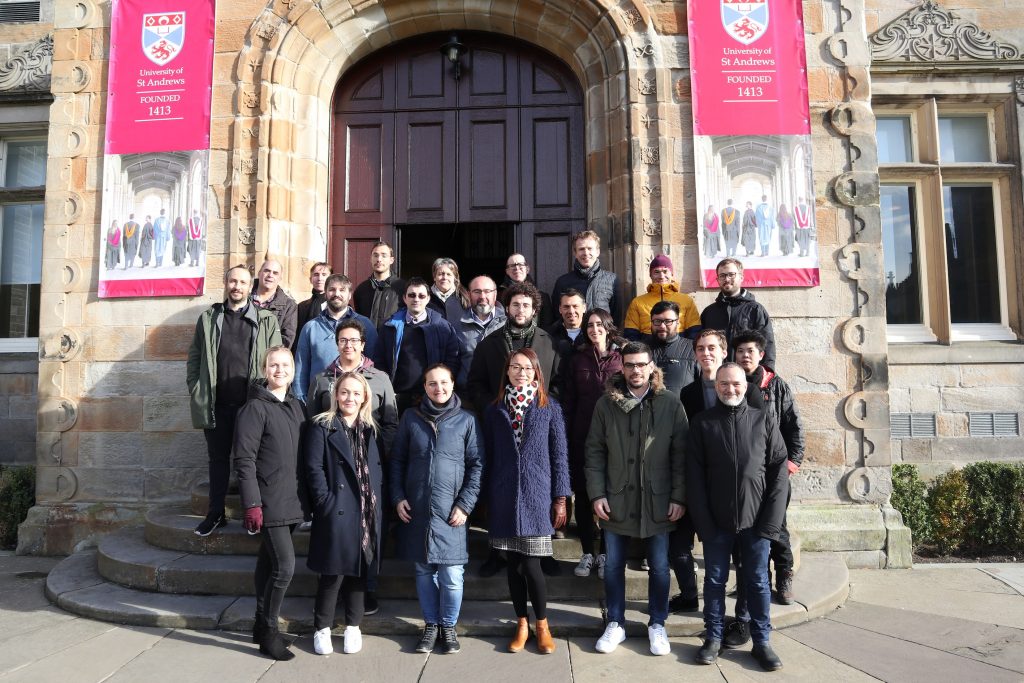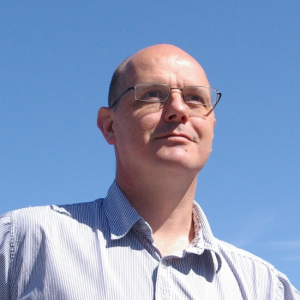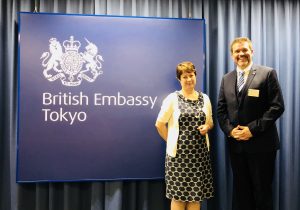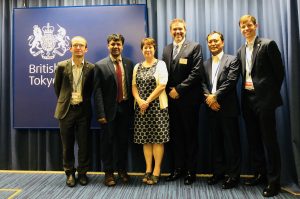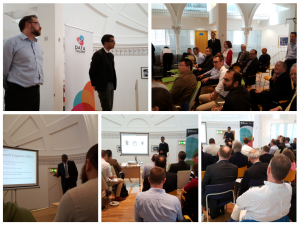The Schools of Medicine and Computer Science are seeking to appoint three highly motivated data scientists with a passion for computer vision and deep learning, and specifically their application to medical imaging. The data scientists will be based in the Schools of Computer Science and Medicine at the University of St Andrews and will work on a national Innovate UK funded initiative to create a pan Scotland Industrial Centre for AI Research in Digital Diagnostics (iCAIRD).
The successful candidates will have the opportunity to work alongside and learn from clinicians, industrial experts from Philips Healthcare and academics to help develop artificial intelligence solutions for the automatic reporting of cancer diagnoses in endometrial and cervical cancer. The main duties of the role will involve being an active member of an interdisciplinary team of scientists to help develop deep learning algorithms, within industry standard guidelines, to analyse patient samples in a manner that allows rapid clinical transfer. This work will therefore have the opportunity to impact both patient welfare and relieve pathologist work burden.
Applicants should have experience in machine learning, demonstrable experience in computer programming languages and an interest in the medical applications of computer science. The candidates would benefit from a track record in scientific writing and working in interdisciplinary teams as well as experience in computer vision.
The posts are full time and over a period of 36 months.
Closing Date: 18 January 2019
Find out more about the vacancies further particulars on the recruitment website.


